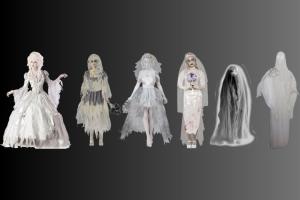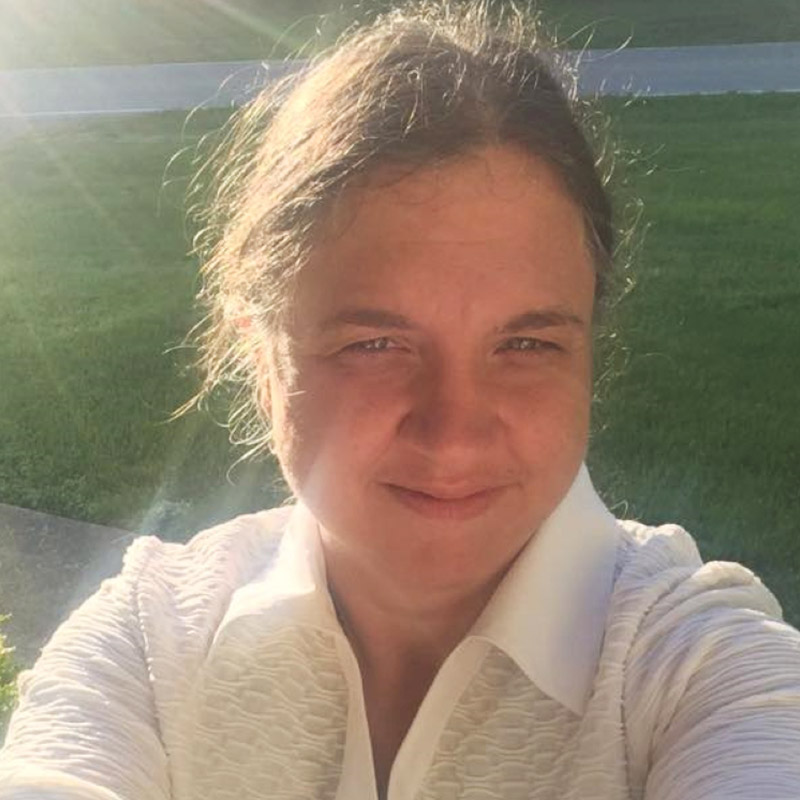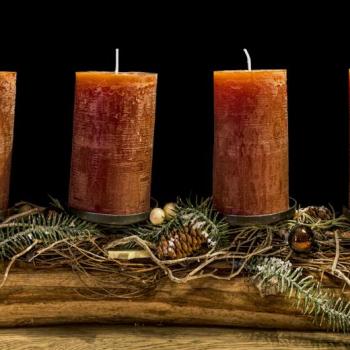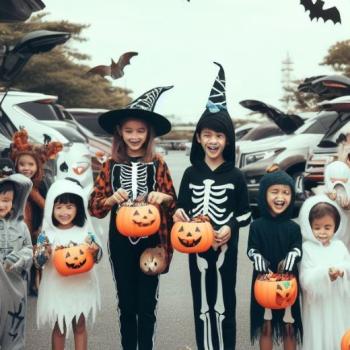
Ghosts have long captivated the human imagination, sparking fascination and fear alike. But what is the truth behind these ethereal beings? Are they the spirits of the departed or something more sinister? As we delve into the realms of religion, history, and personal experiences, we will uncover the mysteries of ghosts and their true nature.
The Many Faces of Ghosts
Throughout history, accounts of ghostly encounters have taken various forms. Some claim to have witnessed the apparitions of deceased loved ones, while others have encountered restless spirits haunting specific locations. From dreams to unexpected appearances, the manifestations of ghosts are as diverse as the human imagination itself. However, understanding these discrepancies requires a deeper exploration of our religious backgrounds and beliefs.
Religion and the Fear of Death
Religion has often served as a solace for the human fear of death, offering explanations and reassurances about the afterlife. Different religious traditions provide distinct perspectives on what happens to us when we pass away. Whether it’s the Christian concept of resurrection and judgment or the Hindu and Buddhist cycles of reincarnation, religious faith offers us a sense of control over the unknown.
Interestingly, studies have shown that individuals deeply rooted in their religious beliefs tend to fear death less than those who are less devout. This connection between religion and the fear of death may shed light on our perception of ghosts and supernatural beings.
The Influence of Religion on Ghostly Encounters
Religious beliefs can shape our interpretation of paranormal experiences. Medieval Catholic Europe, for example, associated ghosts with the tormented souls suffering in purgatory. In contrast, during the Protestant Reformation, paranormal activities were attributed to angels, demons, or other nonhuman entities, as Protestants believed in immediate judgment after death.
Today, while most Protestant sects remain largely silent about the existence of ghosts, Catholic theology still accommodates the possibility of their existence. The Catholic Church, however, condemns activities such as seances and Ouija boards. Other religions, like Voodoo, embrace the presence of spirits and ghosts as central to their belief systems.
Demons in Disguise
While ghosts may be a common concept, the reality is that they may not exist in the way we think they do. For example, often what perceive as ghosts are, in fact, demons. These malevolent spiritual beings have the ability to masquerade themselves and deceive individuals. In fact, demons are the fallen angel companions of the enemy, Satan, who is a deceiver by nature. Why wouldn’t those spirits he is in charge of also be deceivers?
This notion aligns with the idea that ghosts are often encountered by those who describe themselves as believers but do not regularly attend religious services. Their faith in God’s truth may not be as strong as they think it is. Therefore, it will be easier for them to be swayed by supernatural encounters with demons masquerading as their dearly departed.
Explanations of Ghosts from Different Religions
Within various religious traditions, the existence of demons is acknowledged, albeit with different interpretations. Muslims, for instance, do not believe in the return of deceased individuals as ghosts. Instead, encounters with supernatural beings are attributed to Jinn, entities with both spiritual and physical properties.
In Judaism, there is less consensus on the existence of ghosts. While Jewish oral traditions contain stories of both malevolent (Dybbuks) and benevolent (Ibburs) ghosts, the religion discourages occult activities aimed at communicating with the dead. In fact, such activities are expressly forbidden in the Old Testament (see, especially, Leviticus 19:31 and Deuteronomy 18:10-12).
The Perils of the Paranormal
Engaging with the paranormal, including attempts to contact the dead, is strongly discouraged in many religious traditions. As mentioned above God’s Word warns against seeking out mediums or necromancers. This emphasizes the importance of abstaining from the occult. The allure of the paranormal may stem from a desire to bridge the gap between the living and the dead, but it often leads to spiritual peril.
Finding Comfort in Faith
In times of loss, it is natural to seek solace and connection with deceased loved ones. However, turning to mediums or occult practices is not the answer. Instead, we should turn to God, pouring out our sorrows to Him and seeking His guidance and comfort.
As Peter writes in his first letter to fellow believers:
“Humble yourselves, therefore, under God’s mighty hand, that he may lift you up in due time. Cast all your anxiety on him because he cares for you.” (1 Peter 5:6-7, NIV)
The story of Jesus’ death and resurrection reminds us that we can find solace in God’s presence and His promise of eternal life. We do not need to seek communication with the dead or dabble in the paranormal to find peace. We find peace in the Holy Son of God.
Consider these verses:
“Do not be anxious about anything, but in every situation, by prayer and petition, with thanksgiving, present your requests to God. And the peace of God, which transcends all understanding, will guard your hearts and your minds in Christ Jesus.” (Philippians 4:6-7, NIV)
“Peace I leave with you; my peace I give you. I do not give to you as the world gives. Do not let your hearts be troubled, and do not be afraid.” (John 14:27, NIV)
The Power of Prayer and Scripture
As believers, we can rely on the power of prayer and the wisdom of Scripture to navigate grief and loss. By turning to God and His Word, we can find guidance, strength, and the assurance that our departed loved ones are in His presence.
While demons may attempt to deceive us through visions or dreams, we can stand firm in our faith, knowing that the Holy Spirit within us is greater than any supernatural force. We are called to abstain from the paranormal and instead focus on living in the freedom, love, and joy that come from a relationship with God.
Embracing Life After Death
Ultimately, the existence of ghosts remains a source of debate and speculation. I have had a few experiences of my own that have made me wonder if my family and I were, in fact, in contact with some departed family members. However, we can find comfort in knowing that death is not the end. Instead, it is the beginning of a new, eternal life in the presence of God.
As we navigate the complexities of the spiritual realm, let us remember that it is our relationship with God that truly matters. Rather than being consumed by the fascination with ghosts and the paranormal, let us strive to live lives of love, compassion, and faith, knowing that our ultimate destiny lies in the hands of our Creator.
Focus on the Holy Spirit
Ghosts, though widely discussed and portrayed in various forms, are not necessarily what we think they are. Instead, they are often manifestations of demons who seek to deceive and mislead. Religion plays a significant role in shaping our perception of the supernatural, with different belief systems offering distinct explanations for the afterlife and encounters with the spiritual realm.
As believers, we are called to focus on our relationship with God and find solace in His promises. Instead of turning to the paranormal, we are encouraged to seek comfort in prayer, Scripture, and the support of our faith communities. By understanding the truth about ghosts and embracing the teachings of the Bible, we can navigate the mysteries of the spiritual world with confidence and peace.














